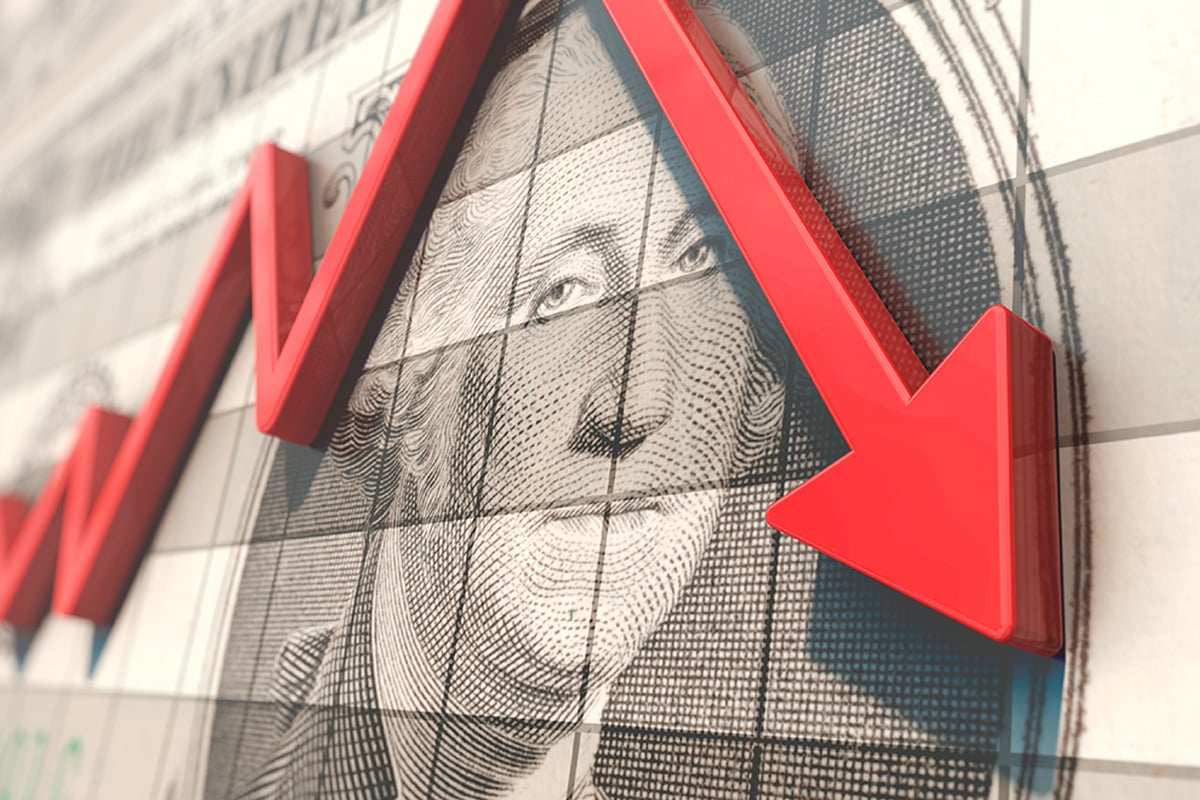Prominent economist, Jim O’Neill, believes that central banks should sustain interest rates close to 5% in major economies for a more extended period, even if inflation starts to decline.
Many anticipate the U.S. Federal Reserve to hike interest rates by 25 basis points in their September meeting. However, market data from the CME Group’s FedWatch tool predicts a possible rate cut by 2024.
Investors are keenly awaiting the U.S. consumer price index (CPI) announcement for July, due on Thursday, to gauge the direction of future Fed interest rates.
Based on a Dow Jones consensus, the expected CPI for Thursday is estimated at a monthly 0.2% and an annual 3.3% annual. Although this signifies a slight rise from June, mainly due to increased fuel costs, it’s significantly less than the 8.5% yearly rate seen the previous year.
Core inflation has been persistent, which omits fluctuating sectors like food and energy. It’s projected at 4.8% for July on an annual basis. Central banks in both the eurozone and the U.K. have observed a consistent core rate that surpasses their target, leading them to emphasize the importance of maintaining elevated rates to achieve the 2% inflation goal.
Most policymakers are resisting the idea of impending rate cuts. O’Neill, currently a senior adviser at Chatham House and previously the chair of Goldman Sachs Asset Management, concurs that rate decreases might not be on the immediate horizon.
Discussing core inflation and accumulated stimulus over the past years, he commented on “Squawk Box Europe,” “I don’t fully grasp the sentiment that rates must immediately start reducing for a perpetually balanced economic environment. Ideally, rates should hover around the 5% in most developed nations, correlating positively with inflation levels to ensure consistent stability.”
Given the relatively constant inflation predictions, O’Neill posited that the U.S. is well-placed to evade a recession. He added, “Considering some challenges the Fed has addressed are diminishing, I reckon this market response might persist for a while.”
He further speculated an improving inflation trajectory: “I’m optimistic about the next phase, with Europe possibly receiving better news compared to the U.S., given the recent events in the two regions.”
In the complex dance of global economics, interest rates play a pivotal role in maintaining balance and ensuring stability. While the world remains watchful of inflation trajectories, voices like O’Neill emphasize the importance of patience and strategic foresight in monetary policy decisions. As Europe and the U.S. adjust to evolving economic circumstances, the coming months will undoubtedly offer more insights into the future trajectory of global economies.







